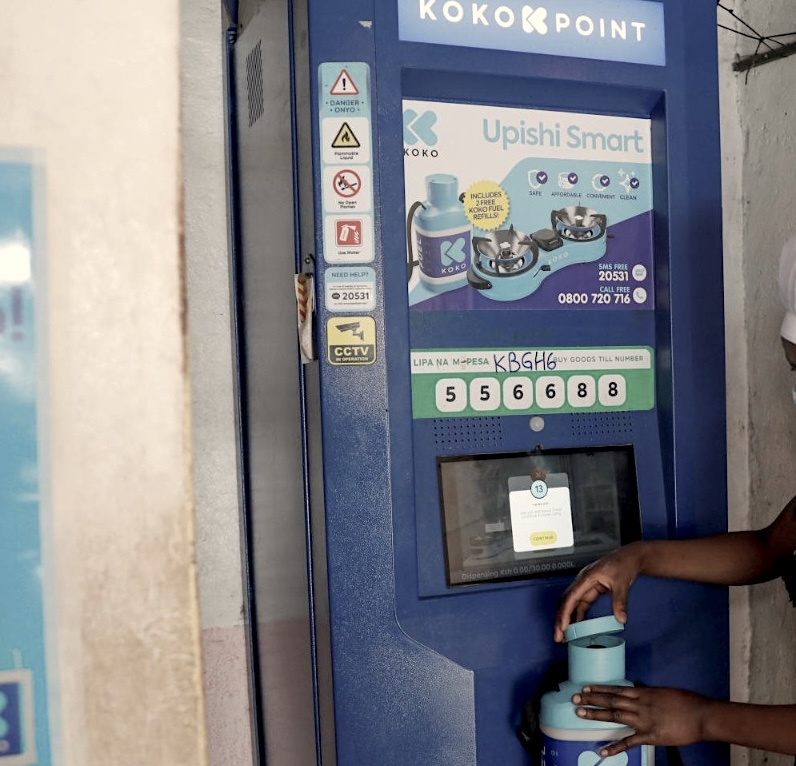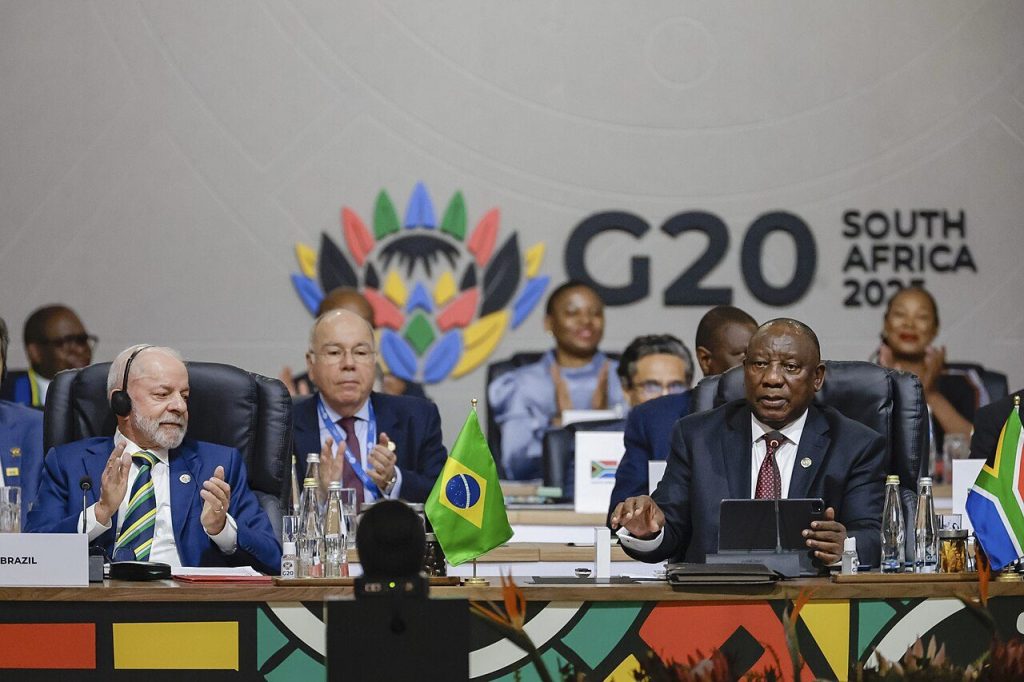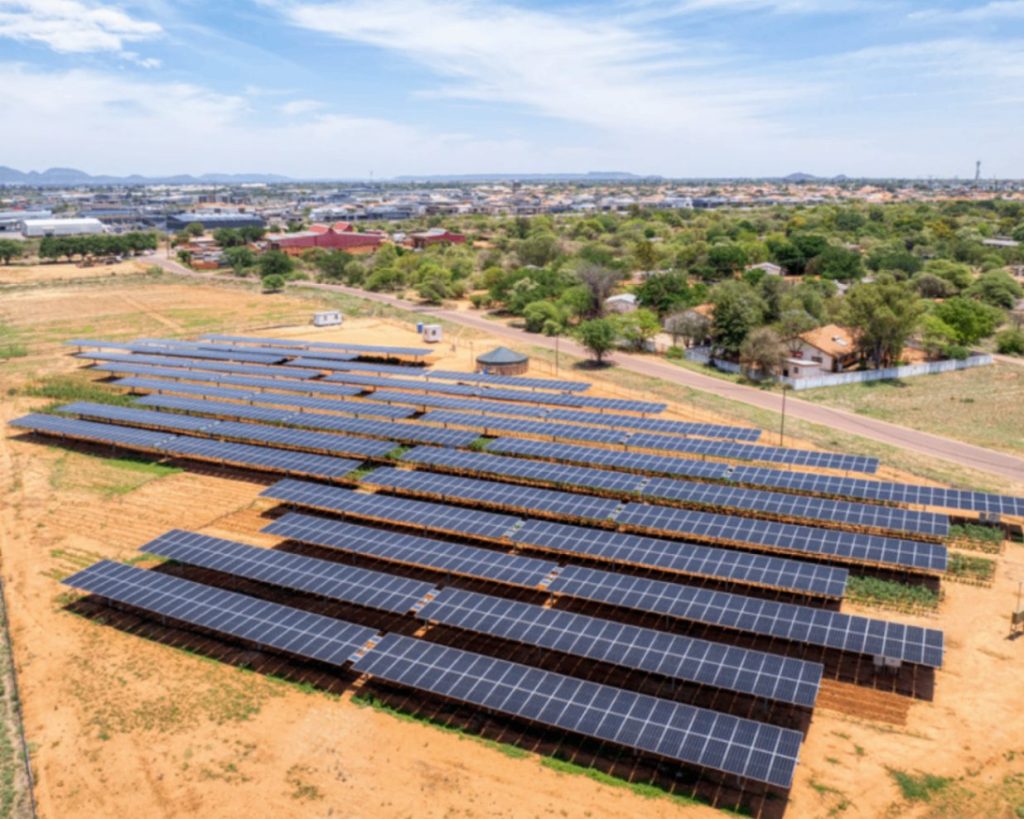Malawian Minister of Natural Resources and Climate Change, Michael Usi, has announced that that he has initiated a review of all carbon credit projects in the country. This follows a statement by Malawi’s president in June that government intended to create an agency to oversee the trade and marketing of the carbon offsets. Echoing Zimbabwe’s approach of renegotiating revenue splits with existing projects, Usi stated “those projects which started a long time ago must be revisited.” In a later interview he confirmed that “Malawi has yet to decide how much it will demand…I do not want to commit to any percentage at this time, but we will go for the highest possible.”
Meanwhile, Kenya is working apace to boost its regulatory frameworks for carbon markets. According to legal expert, Clarice Wambua, of Cliffe Dekker Hofmeyer and Kieti Law, three Bills, all in different stages of development, will have a bearing on the carbon market. The first of these is the Carbon Credit and Benefit Sharing Bill, 2023 which was approved by the National Assembly’s Budget and Appropriations Committee in late July this year, and will now be formally introduced to Parliament. The Bill is a private members Bill and seeks to create a regulatory framework for benefit sharing with a benefit sharing ratio, a Carbon Credit Trading and Benefit Sharing Authority and a Carbon Credit Trading Tribunal. Benefit sharing is relatively detailed under this Bill, with differentiation between community held and private land. In the case of community land, communities must receive at least 33%, and 20% in the case of private land, with County and National Governments also receiving a further 20% in both instances. Separate arrangements are specified for blue carbon, rangelands, soil-carbon and forest projects.
This Bill rivals another Bill sponsored by the Kenyan government through the Ministry of Environment, namely, the Climate Change Amendment Bill. The latter will require project developers to specify the socio-economic and environmental benefits of their projects. National and County governments have monitoring and oversight responsibilities, particularly when it comes to the negotiation of community benefit agreements. These agreements must ensure that at least 25% of the aggregate earnings of the previous year go to the community. The Bill currently awaits tabling in Parliament. Lastly, the Natural Resources (Benefit Sharing) Bill 2022, also has the potential to indirectly impact offset projects in the country. As Wambua points out, while the formalisation of the regulatory framework is to be welcomed, it will be important to ensure coherency in their design as they currently have a notable degree of overlap.
Lastly, in Zimbabwe, following government’s announcement to claim a financial stake in existing projects, a group of 13 carbon project developers has formed the Zimbabwe Carbon Association to lobby government over its plans. The group represents more than $100 million of planned investment, ranging from reafforestation to the provision of clean energy. Among their concerns are the planned revenue split, the enforced use of a national registry and trading of all credits on a local Zimbabwean exchange, according to chairman Nick de Swardt. He said that “Project developers are concerned with rushing into use of a national registry that doesn’t have international recognition… If we want buyers to buy our credits we need international recognition”.





